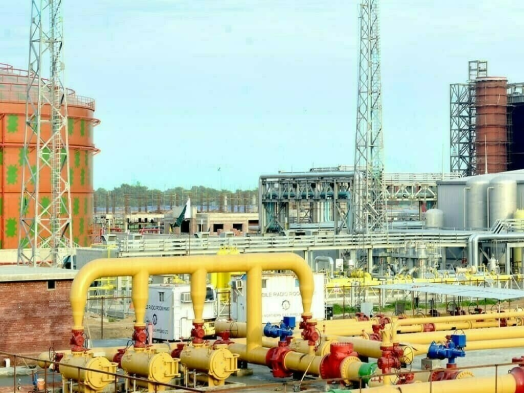Rising costs and sanctions on Russia have lowered the profitability of oil exports for Kazakhstan’s state oil and gas firm KazMunayGas, which has been forced to accept discounts on its crude being carried via the Russian pipeline network.
The CPC pipeline carries oil from Kazakhstan’s Tengiz oilfield to export infrastructure along the Black Sea coast. Most of the crude oil carried by the CPC pipeline belongs to Russia, Kazakhstan, and international oil majors such as Chevron. It remains a vital crude oil artery for Kazakhstan, accounting for two-thirds of the country’s crude oil exports.
However, after the Western sanctions against Russia over Putin’s invasion of Ukraine, Kazakhstan has had to accept discounts on the crude it sells as buyers have generally shunned exports out of Russia, KazMunayGas’s deputy executive chairman Dauren Karabayev said earlier this week, as carried by Upstream.
KazMunayGas reported on Tuesday increased revenues and profits for the first quarter of 2022, but the net profit rose by just 9 percent year over year despite soaring crude prices, as operating and tax costs other than income tax soared in Q1.
KazMunayGas and Kazakhstan also went through a month-long outage at two out of three terminals loading crude via the Caspian pipeline between the end of March and the end of April.
Kazakhstan is now rebranding the name of its crude to avoid being associated with crude from Russia when it loads exports from Russian ports. Kazakhstan exports are not under sanctions, but buyers have been cautious about the origin of crude loading from Russian ports.
As of June, KazMunayGas and other Kazakh companies have decided that they would use the name KEB?O (Kazakhstan Export Blend Crude Oil) in all documents and certificates of origin in order to stress the fact that the crude is of Kazakh origin and buyers do not have to wonder whether it’s Russian, KazMunayGas’s Karabayev said on Tuesday, cited by news agency Interfax-Azerbaijan.





